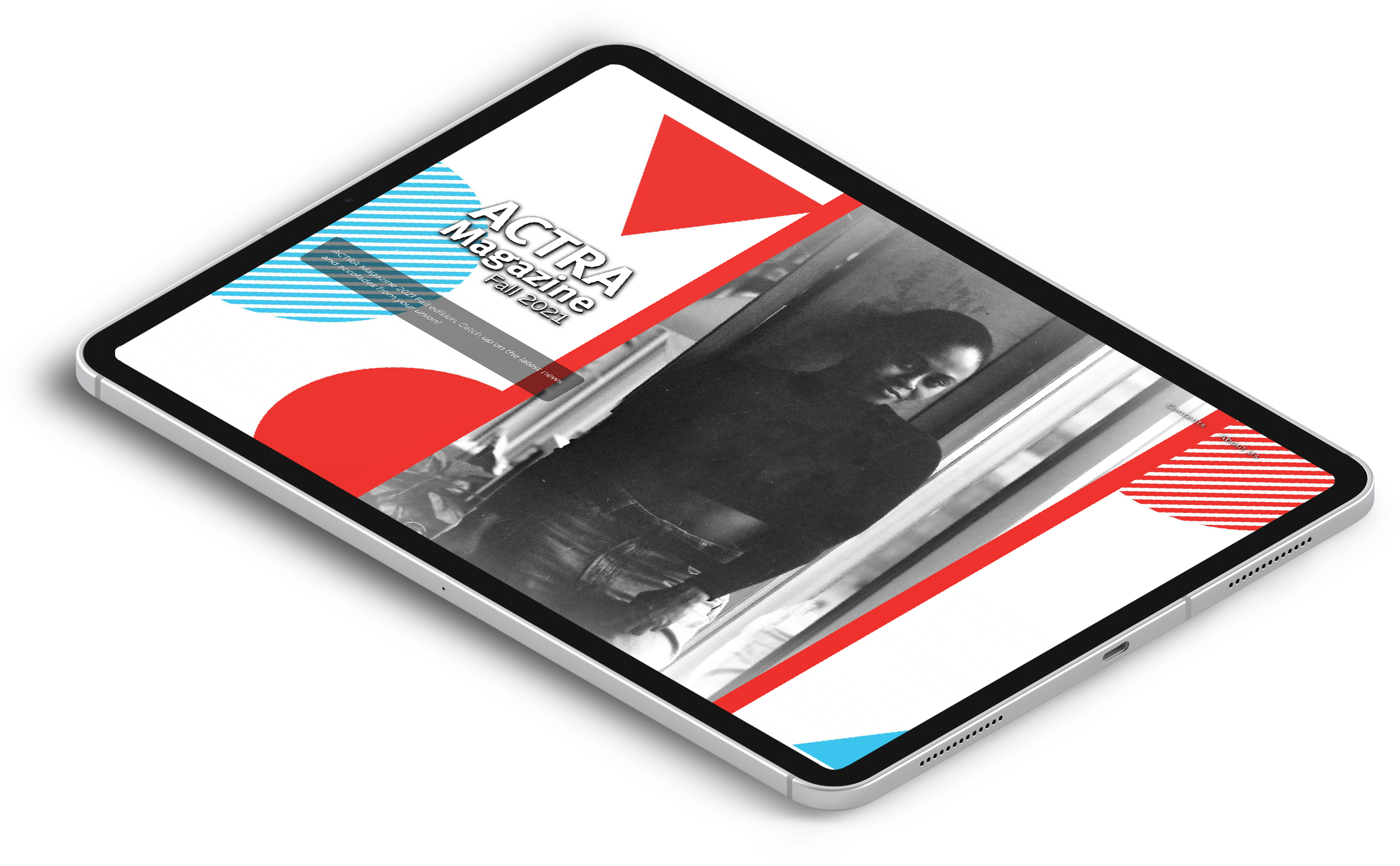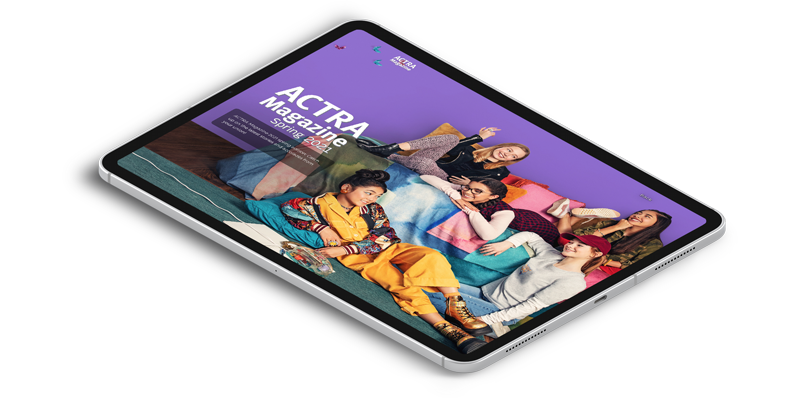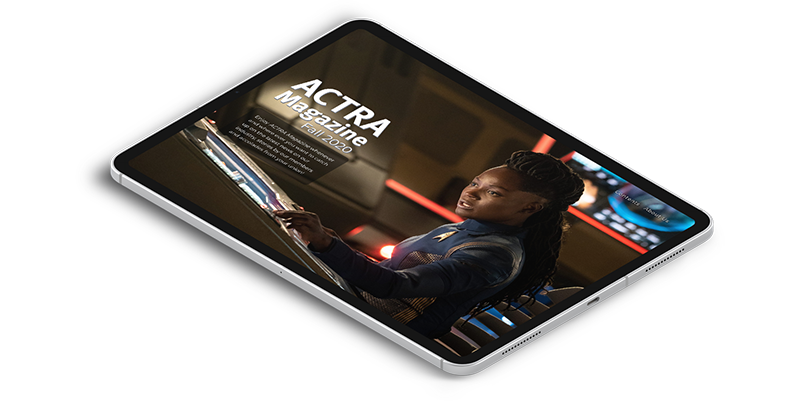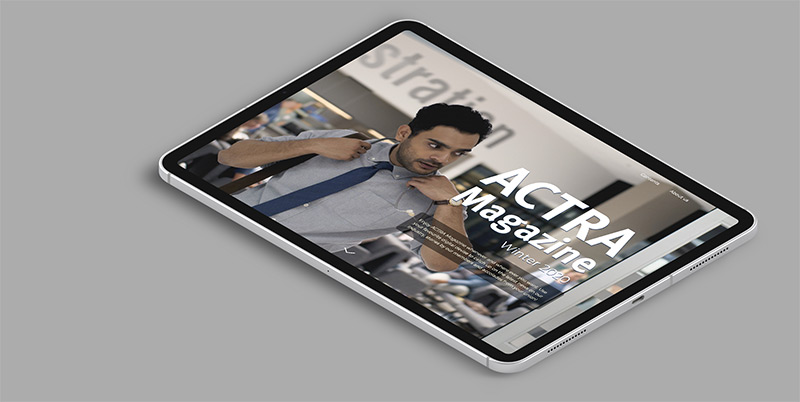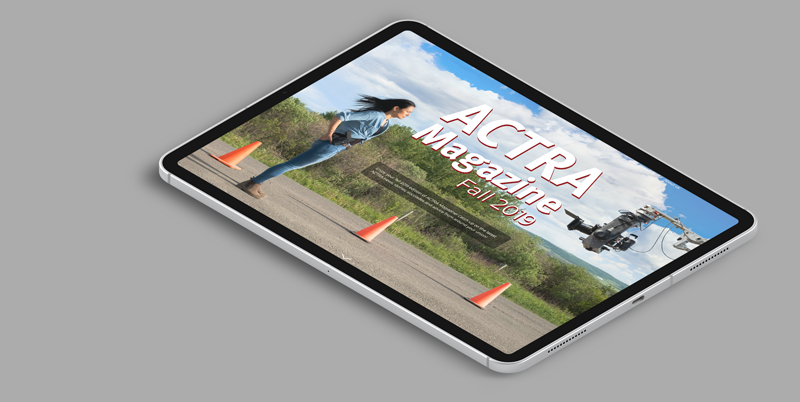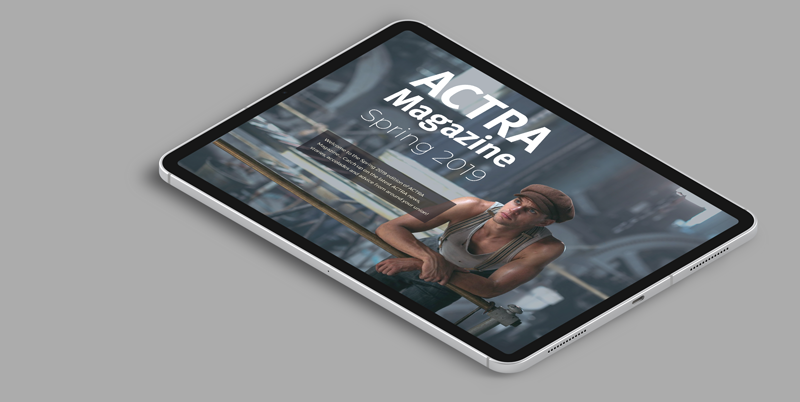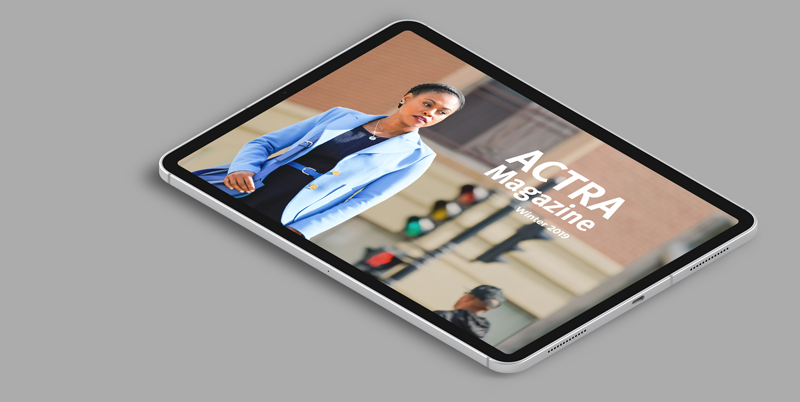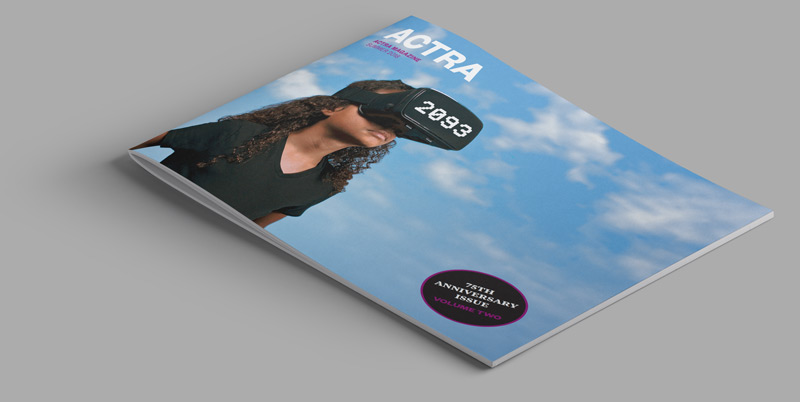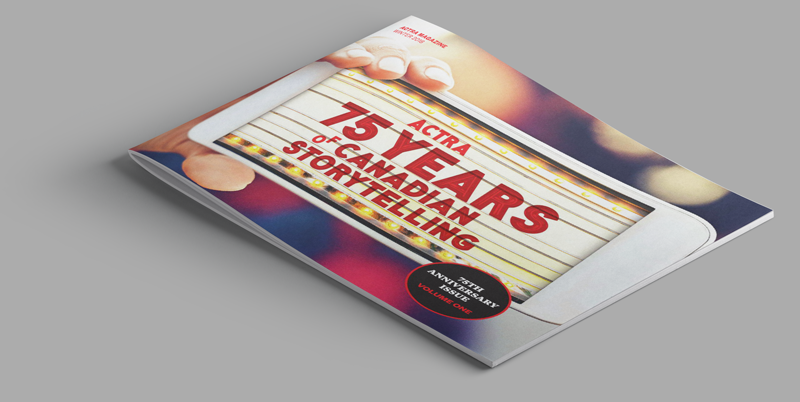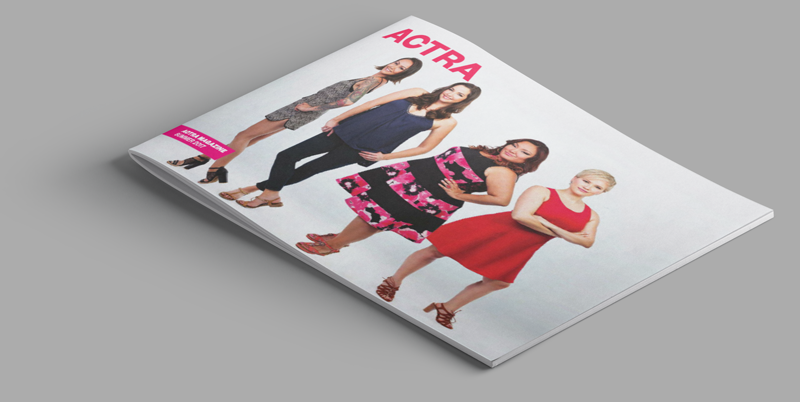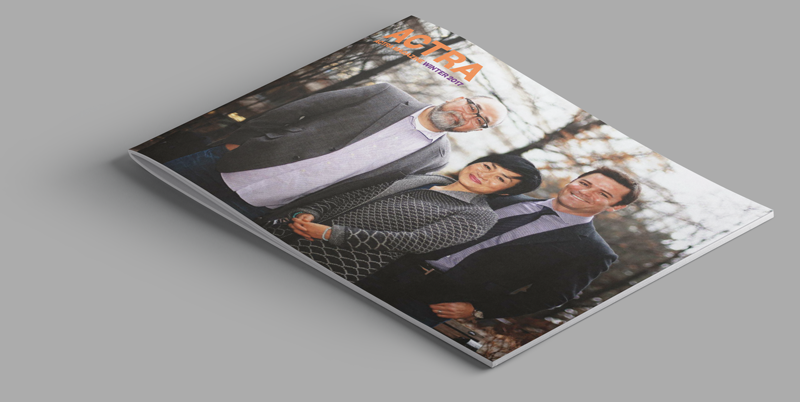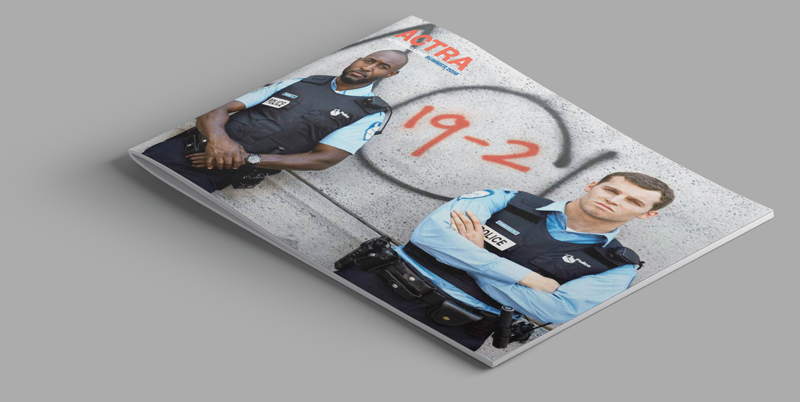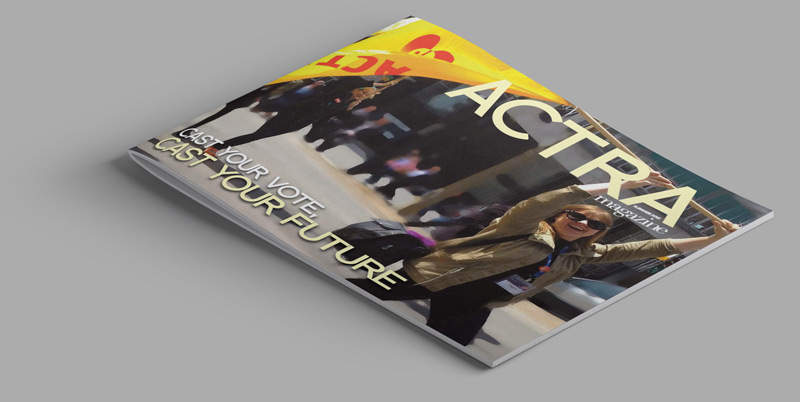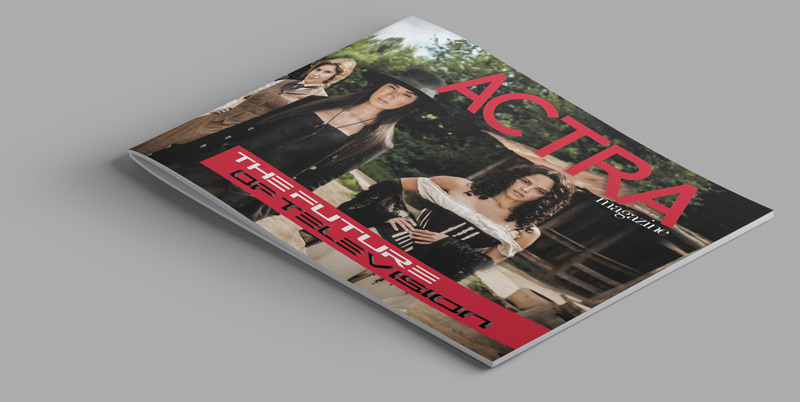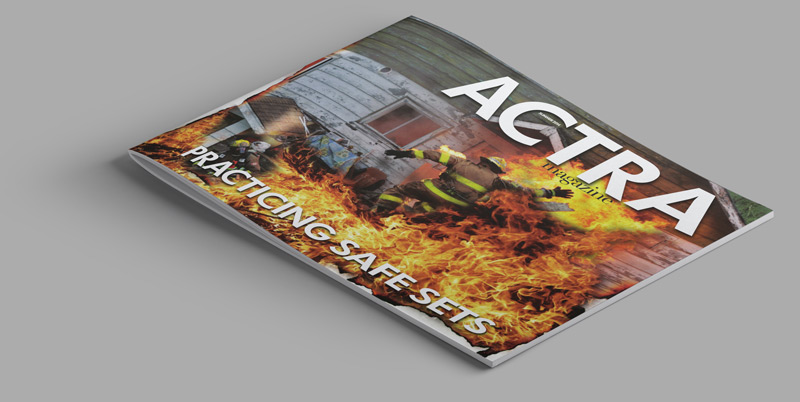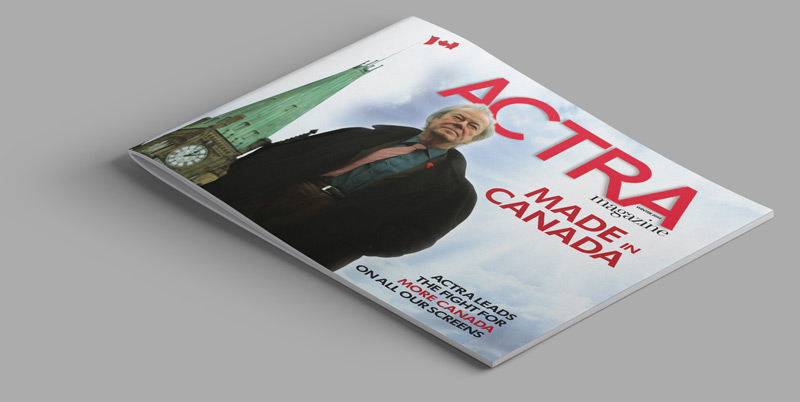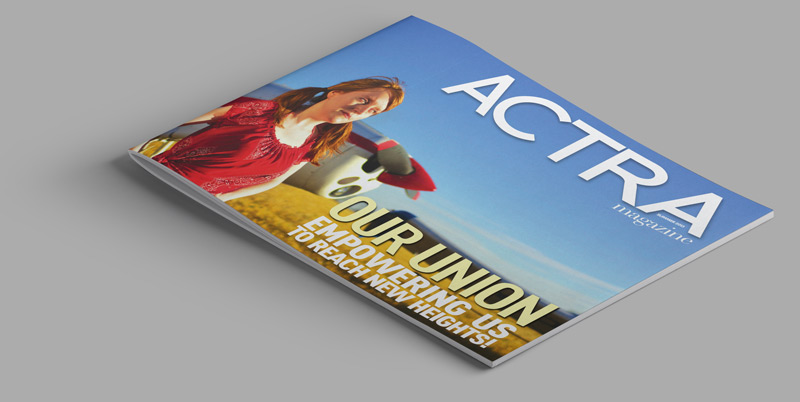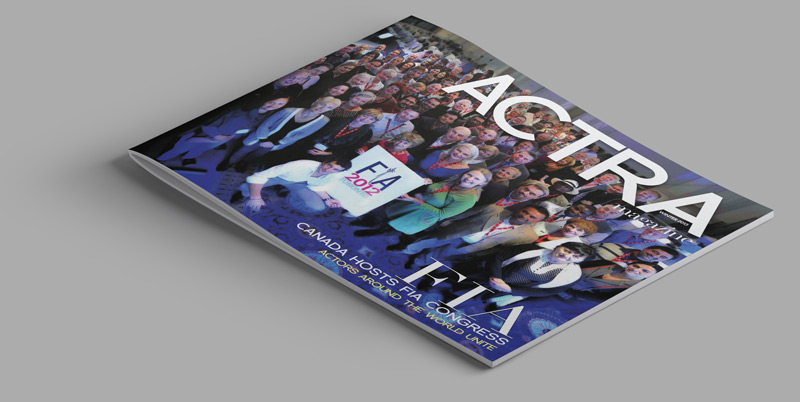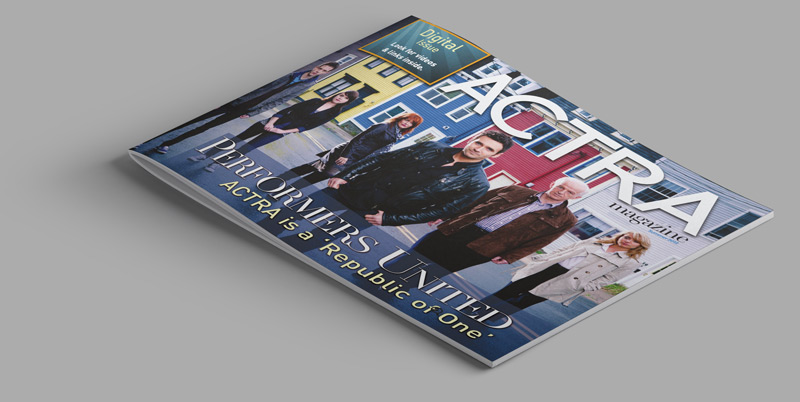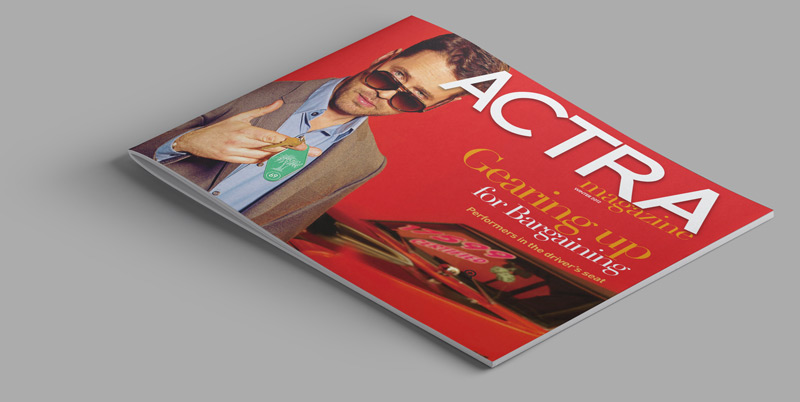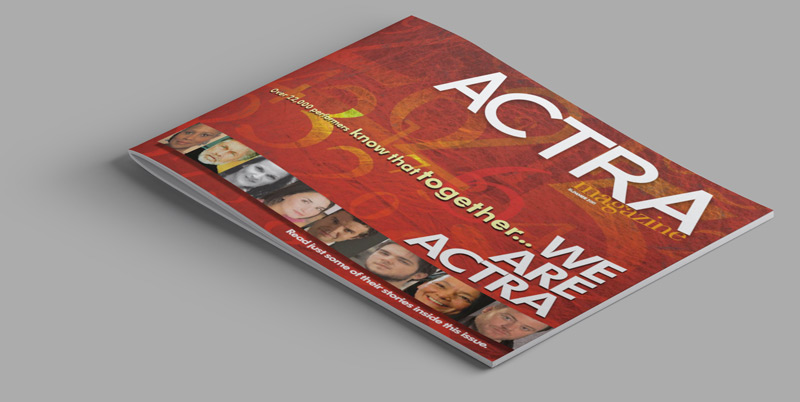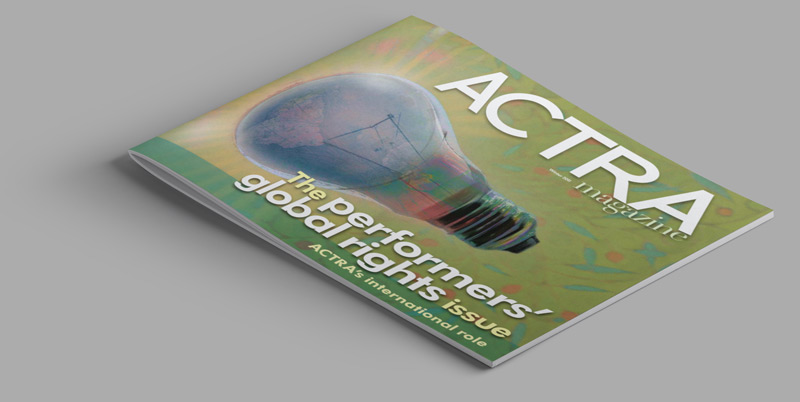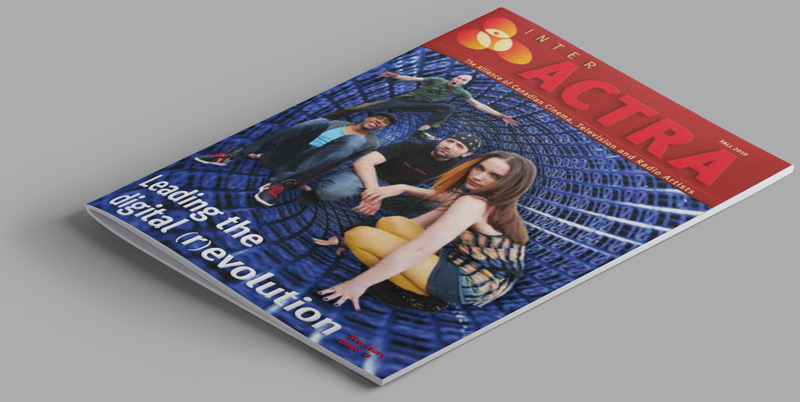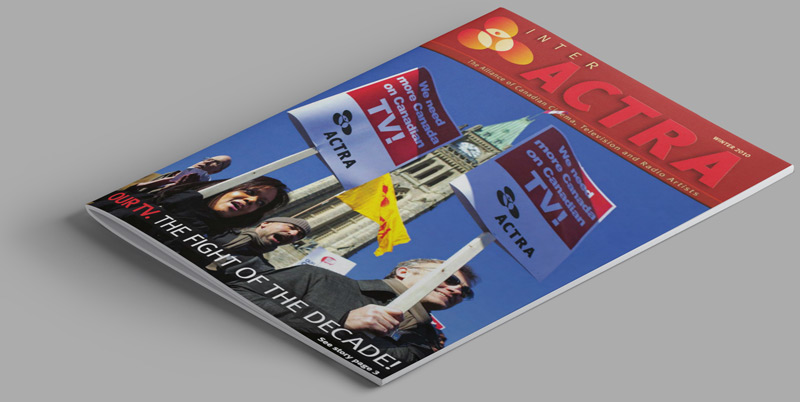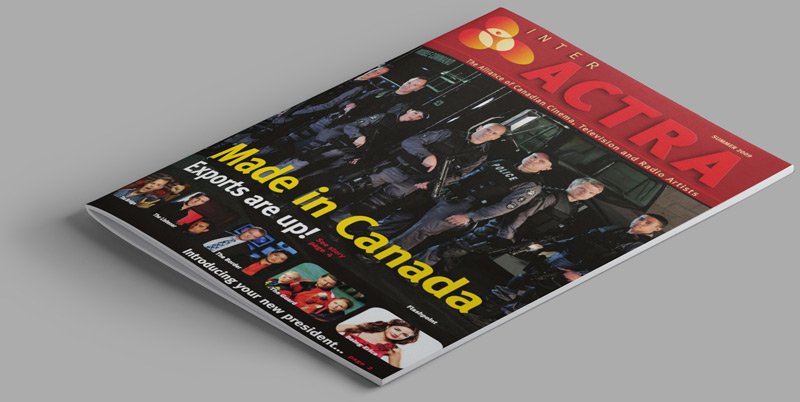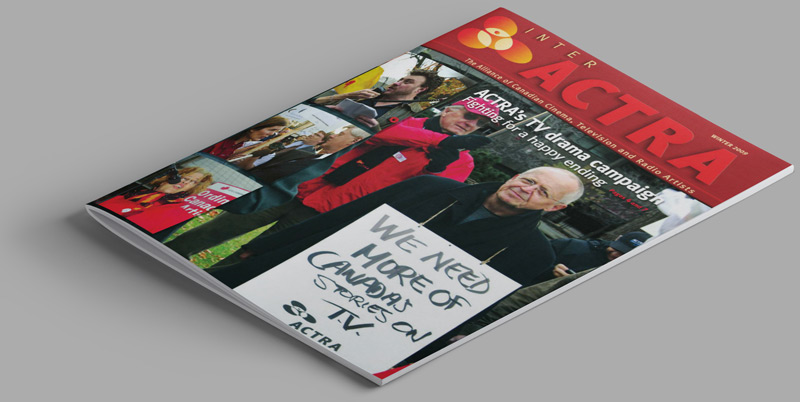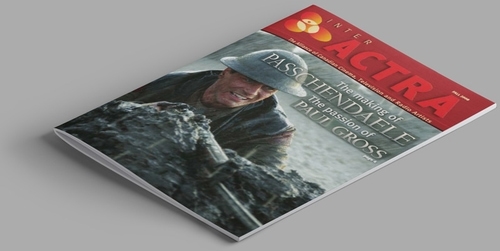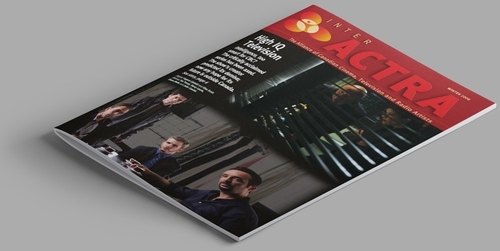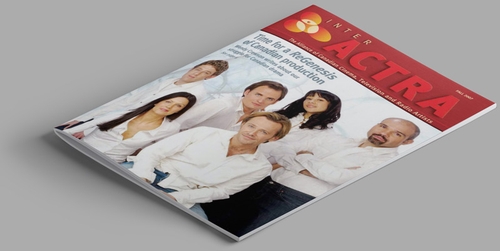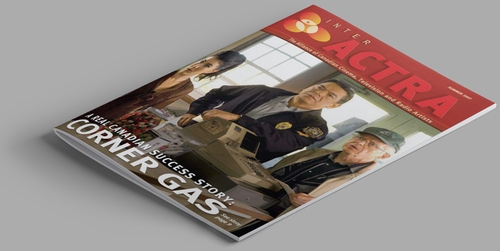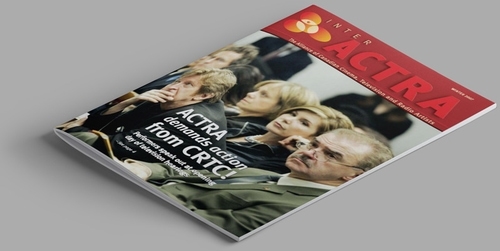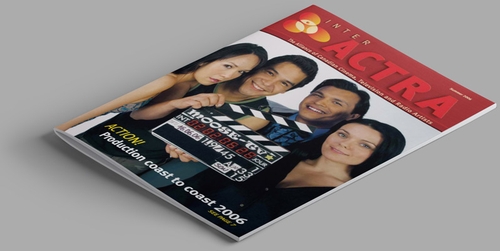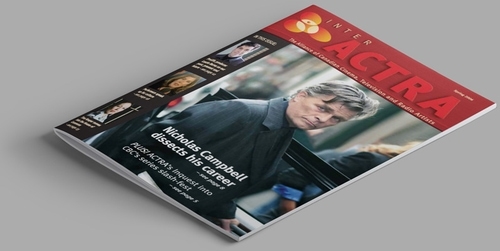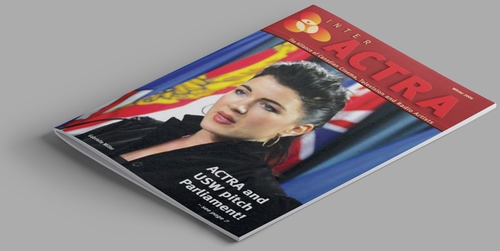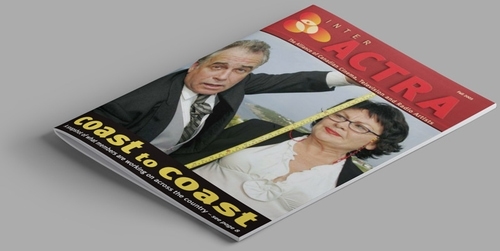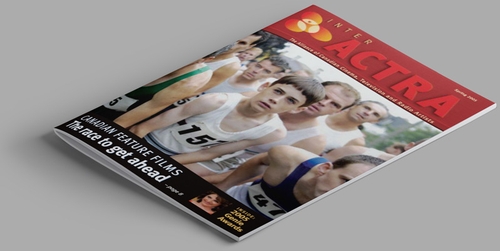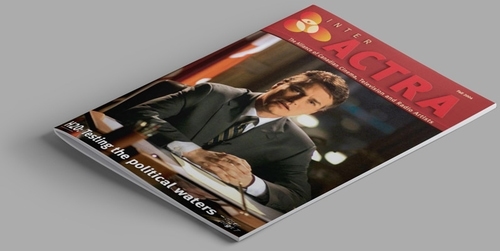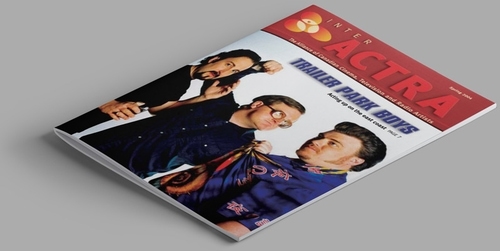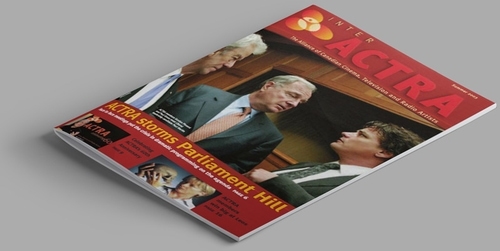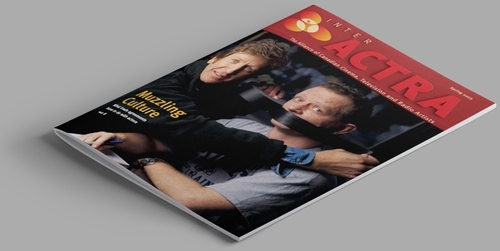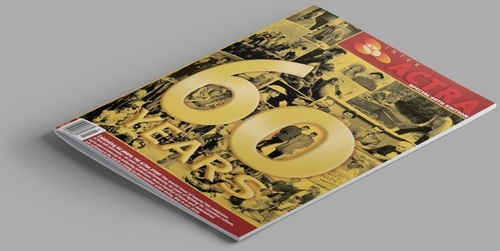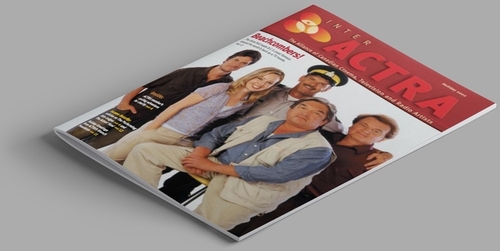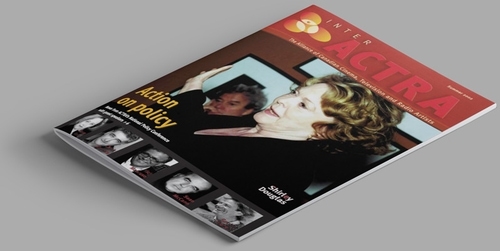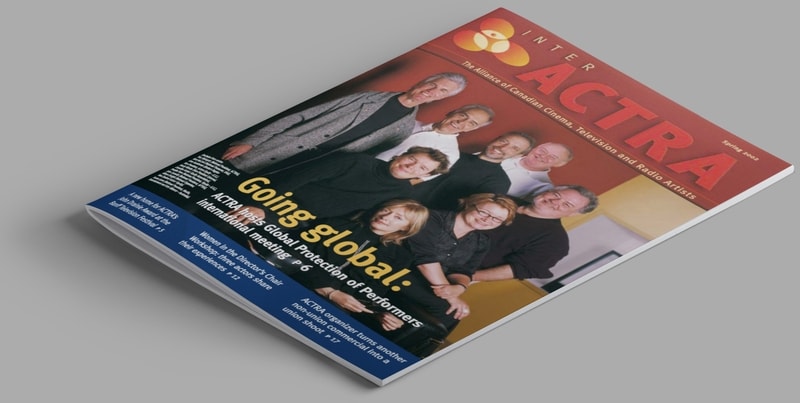Performance vs. Performative:
How do we turn this summer’s moment into a movement?
Jenny Brizard and Omari Newton in the theatre production of Angelique by Lorena Gale, produced by Table D’Hote Theatre and Black Theatre Workshop and the National Arts Centre.
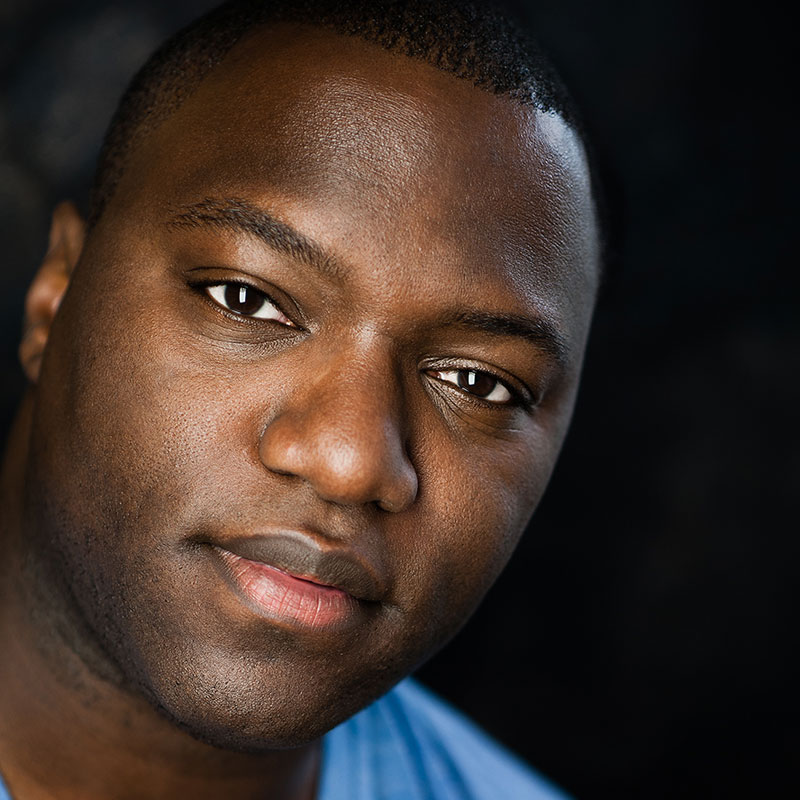
Omari Newton
We entered a moment unlike any we had seen in recent years… I began to worry about how this moment could be sustained and turned into a movement.
The ability to perform convincingly is essential for an actor who hopes to have any semblance of a career. Our training is meant to help us cultivate our tastes or understanding of “good acting,” as much as it is meant to help us fully embody the characters we portray. A good actor is able to recognize when they or others are “living truthfully under imaginary circumstances,” an elegant definition of the craft of acting often attributed to legendary actor and acting teacher Sanford Meisner. But what about the performances we give when the circumstances are real?
When the infamous video of George Floyd’s callous murder at the hands of a police officer went viral this summer, public outcry was swift and widespread. Social media was awash with black squares and mentions of #BlackLivesMatter. A cacophony of public pledges of solidarity filled my various social media feeds. The volume of people vowing to fight anti-Black racism was damn-near deafening. Even the NFL, which had notoriously been embroiled in a bitter battle with former player-turned-social-justice-activist Colin Kapernick over his right to peacefully kneel on the sidelines in solidarity with the Black Lives Matter movement, posted a statement speaking out against racism. It was sometime after the NFL released its statement that I realized we had entered a moment unlike any we had seen in recent years. It was also around this time I began to worry about how this moment could be sustained and turned into a movement.
The distinction between performance and performative is, in my opinion, subtle but critical. A performance is ephemeral. It is meant to captivate and convince audiences for relatively short bursts. It is understood by audience and artist alike that performances are meant to be shaken off soon after a show is over, allowing the performer to revert back into their regular mannerisms, thoughts, and general state of being. The clear end of a performance also allows audiences to go about their lives after being treated to a bit of escapism.
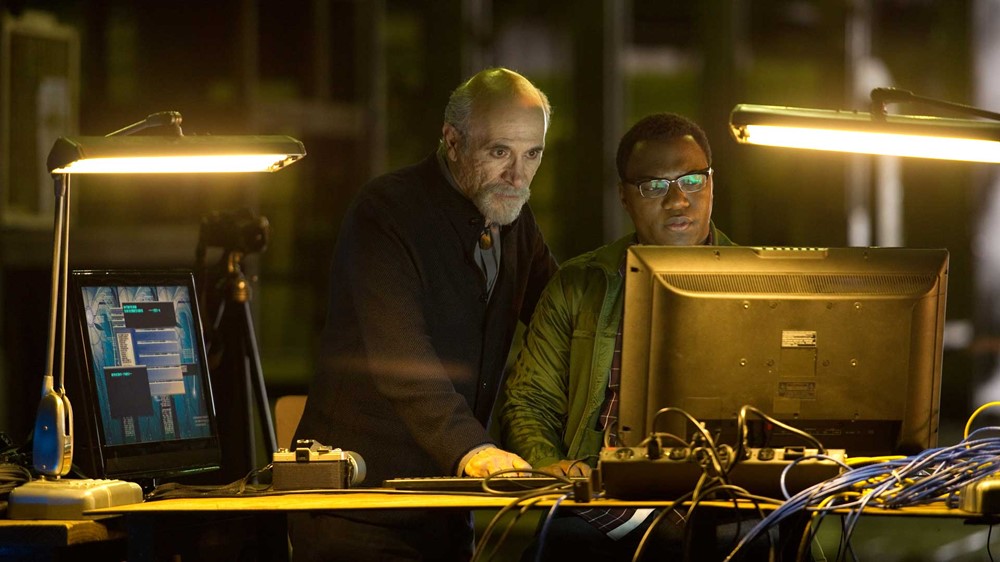
Unlike a performance concerned primarily with entertaining or engaging viewers, performative behaviour is more transactional.
A performative display, on the other hand, may look similar but is fundamentally different. It has more cynical aims. Unlike a performance concerned primarily with entertaining or engaging viewers, performative behaviour is more transactional. It is a form of virtue-signaling designed to garner public praise, empathy, and access. Access to resources in the form of funding from government institutions now actively seeking out BIPOC projects and people to support, or private lenders looking to cash-in on viral trends. It also looks to gain access to communities who have been systematically and historically ignored by industries such as film and television. It was only after the recent but incredible success of BIPOC-centred films like Black Panther and Crazy Rich Asians the industry recognized “diverse” programming can attract new demographics willing to pay big money to see themselves represented on screen. Performative behaviour is a cynical tactic meant to indicate solidarity and change while maintaining inequitable power structures that have long been in existence. Performative is having the faces on camera look slightly more diverse while predominantly keeping key roles off camera old, white and male. Performative is spending months trumpeting outrage over the death of George Floyd, then voting to keep an overt bigot in power only a few months later.
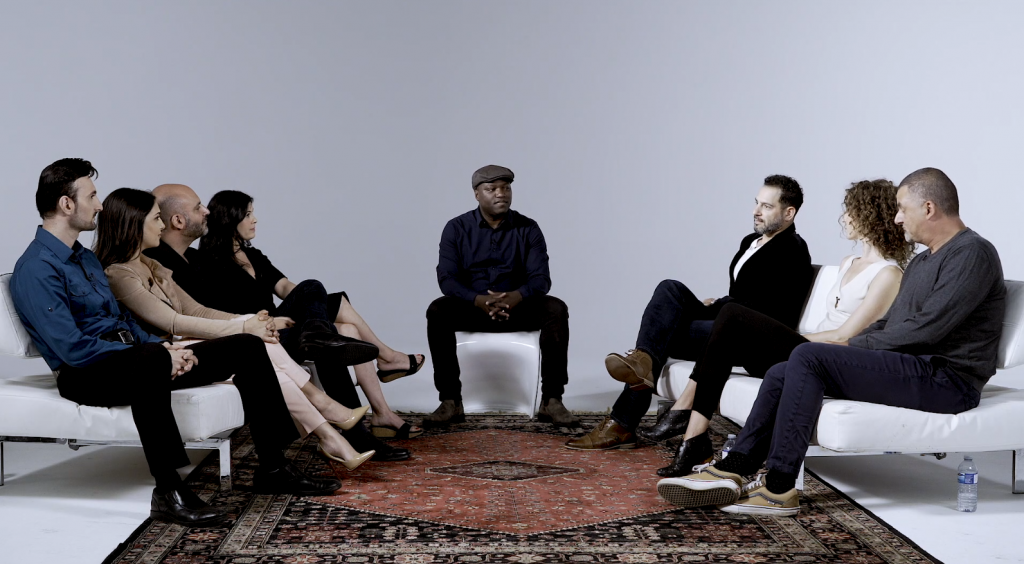
Stakeholders need to do the work to ensure equal opportunities for BIPOC actors, writers, directors and producers.
How do we build on this summer’s undeniable moment and usher in a true movement towards change? The answers have long been straightforward. Stakeholders need to do the work to ensure equal opportunities for BIPOC actors, writers, directors and producers. They must seek out stories and storytellers from BIPOC communities and empower us with the resources to tell our own stories or the training to help our skillset catch up to our tastes and passion. We must reject the absurd fallacy of colour blindness and work from a place of colour consciousness, paying consideration to how different bodies on screen carry different stories with them. Treating us all as if we are differently toned white people dilutes the story being told and undermines our sense of pride and self-worth.
If our lives truly do matter to you, cut the performative posturing and start performing your duties as allies. The future of our industry depends on it.
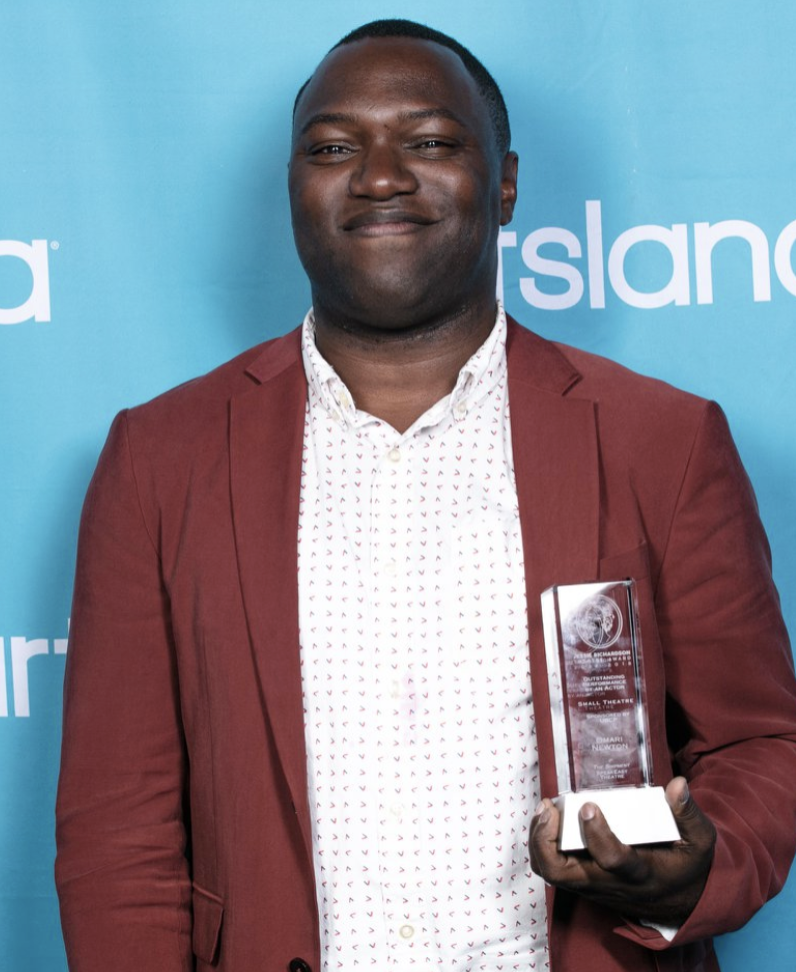
Omari Newton is an award-winning actor, writer, director and producer. Notable film and television credits include roles in the animated Netflix series The Dragon Prince, Corner Gas (the animated series), Showcase’s Continuum and the voice of the ‘Black Panther’ in multiple Marvel animated productions. In 2017-2018, Omari received the Jessie Richardson Award for Outstanding Performance by an Actor and a nomination for Best Director for his work in the Speakeasy Theatre production of The Shipment. Omari’s Hip Hop presentation of Sal Capone at Canada’s National Arts Centre earned him rave reviews as a playwright for raising a mighty fist to issues of our time – prejudice, homophobia and injustice – with grace and wit. TW: @OmariAkilNewton; Insta: omariakilnewton; FB: omari.newton




